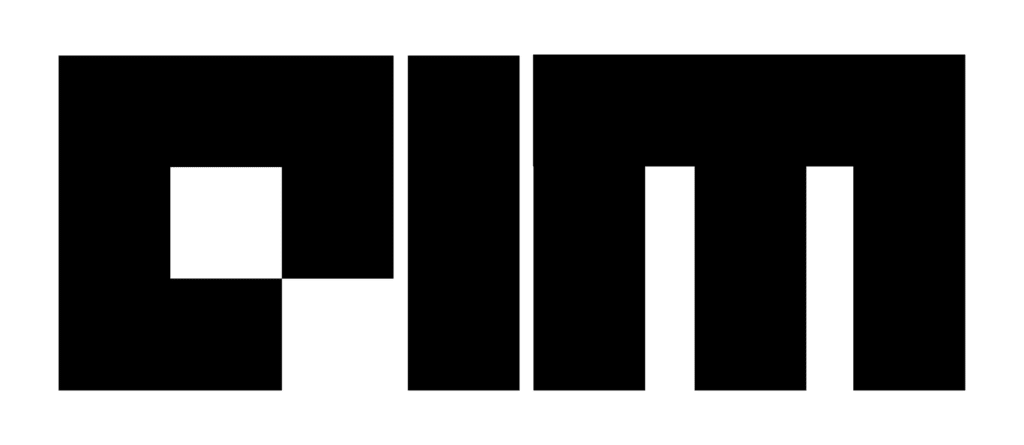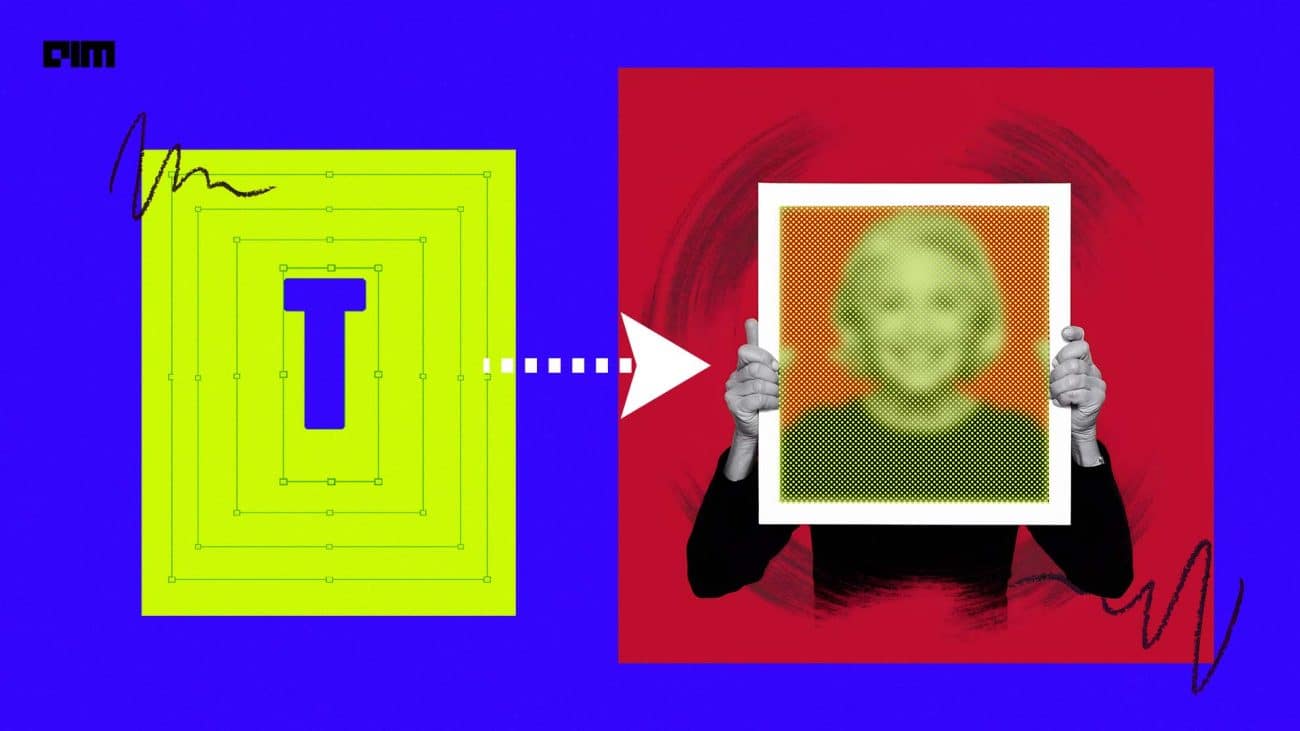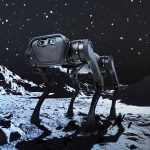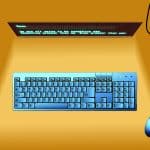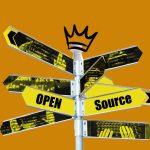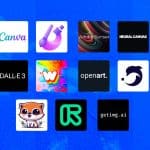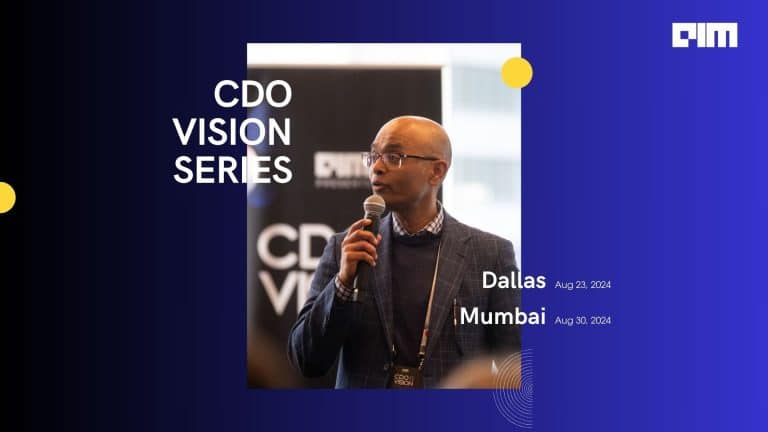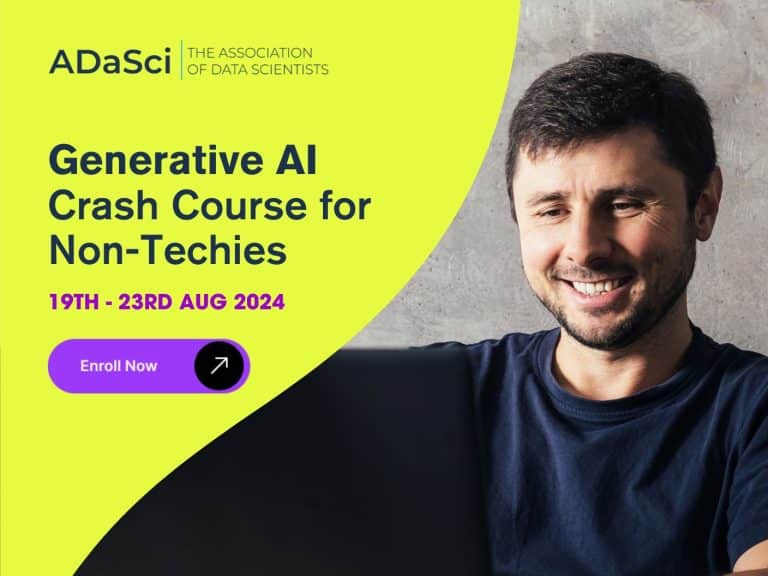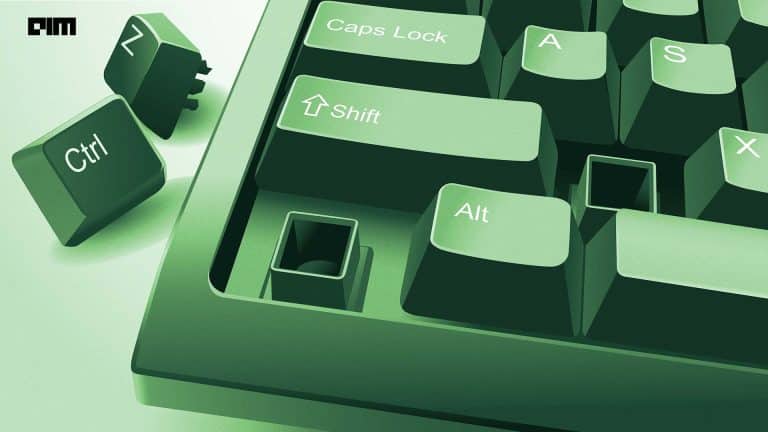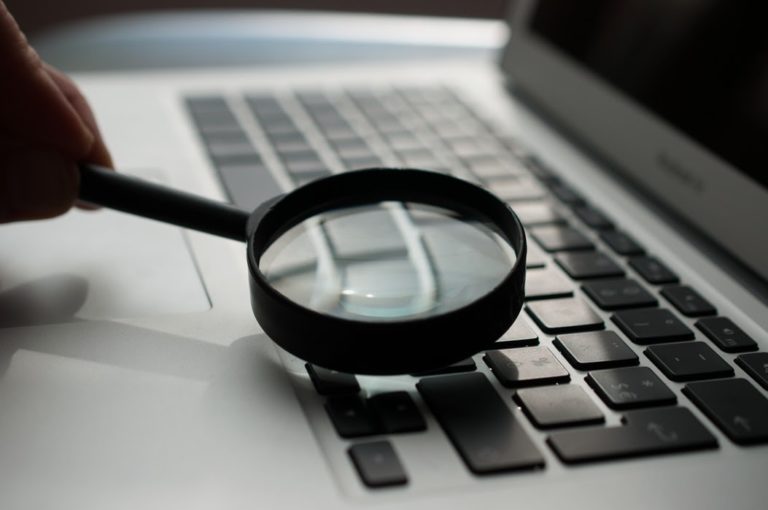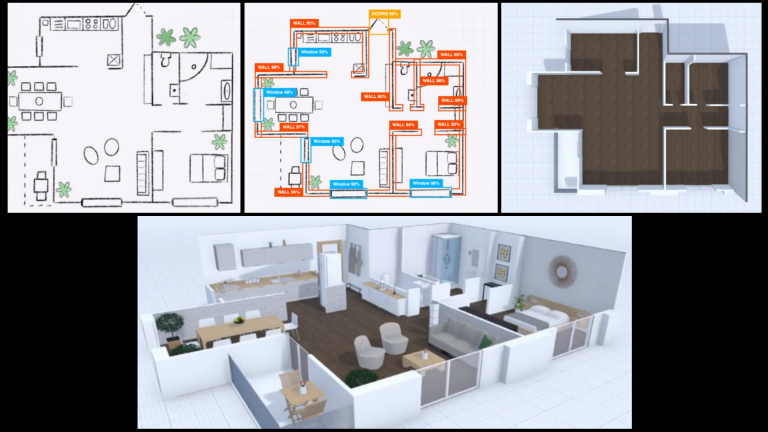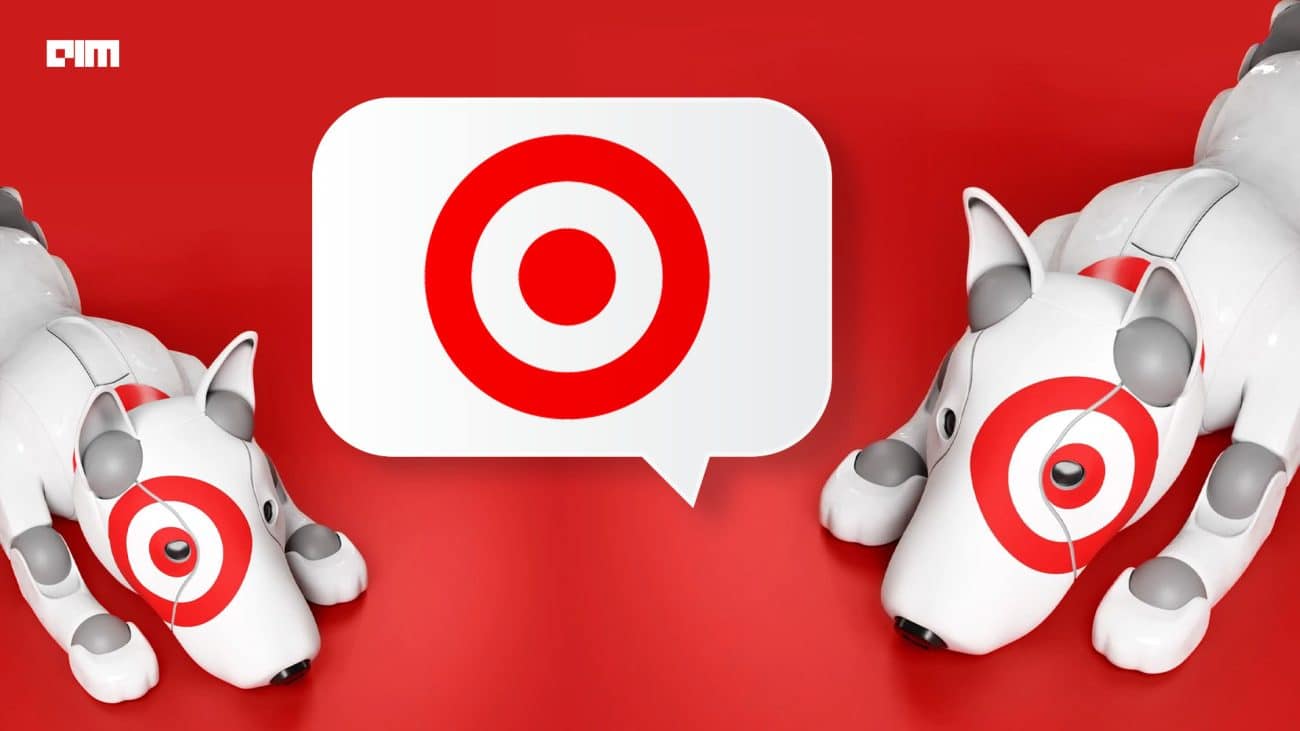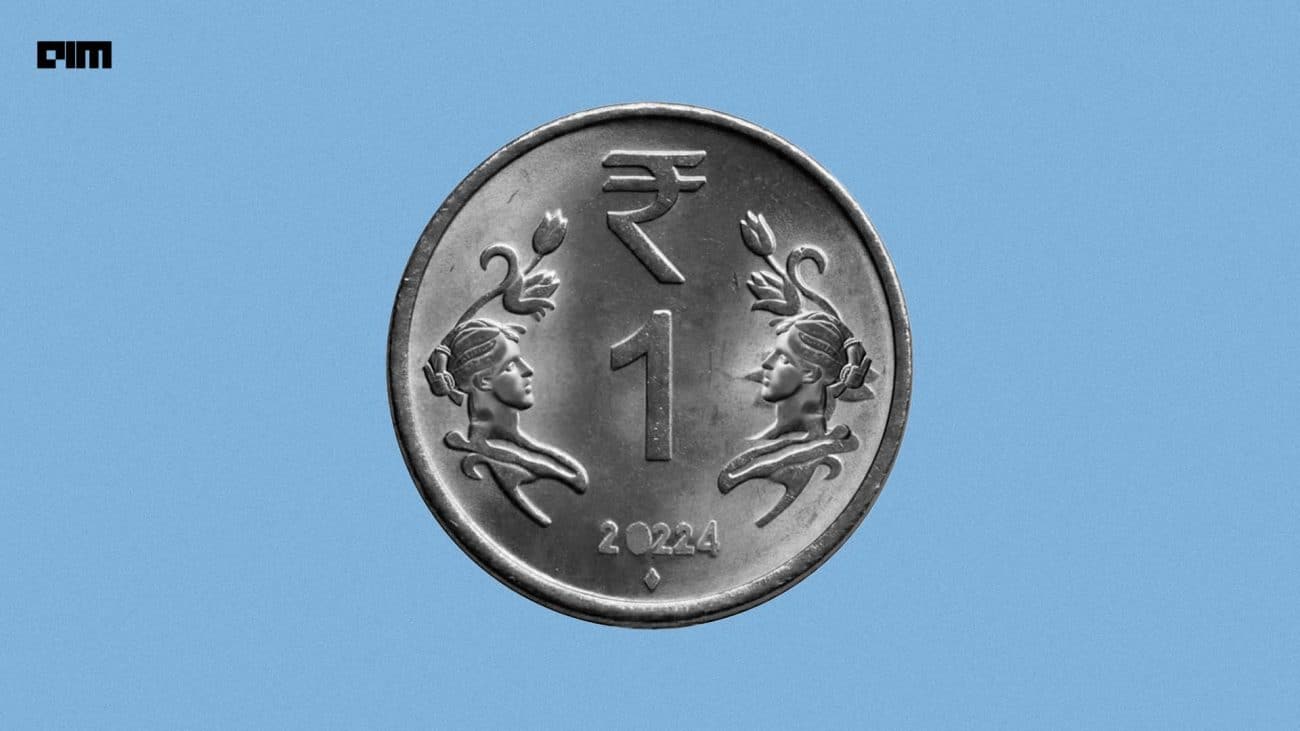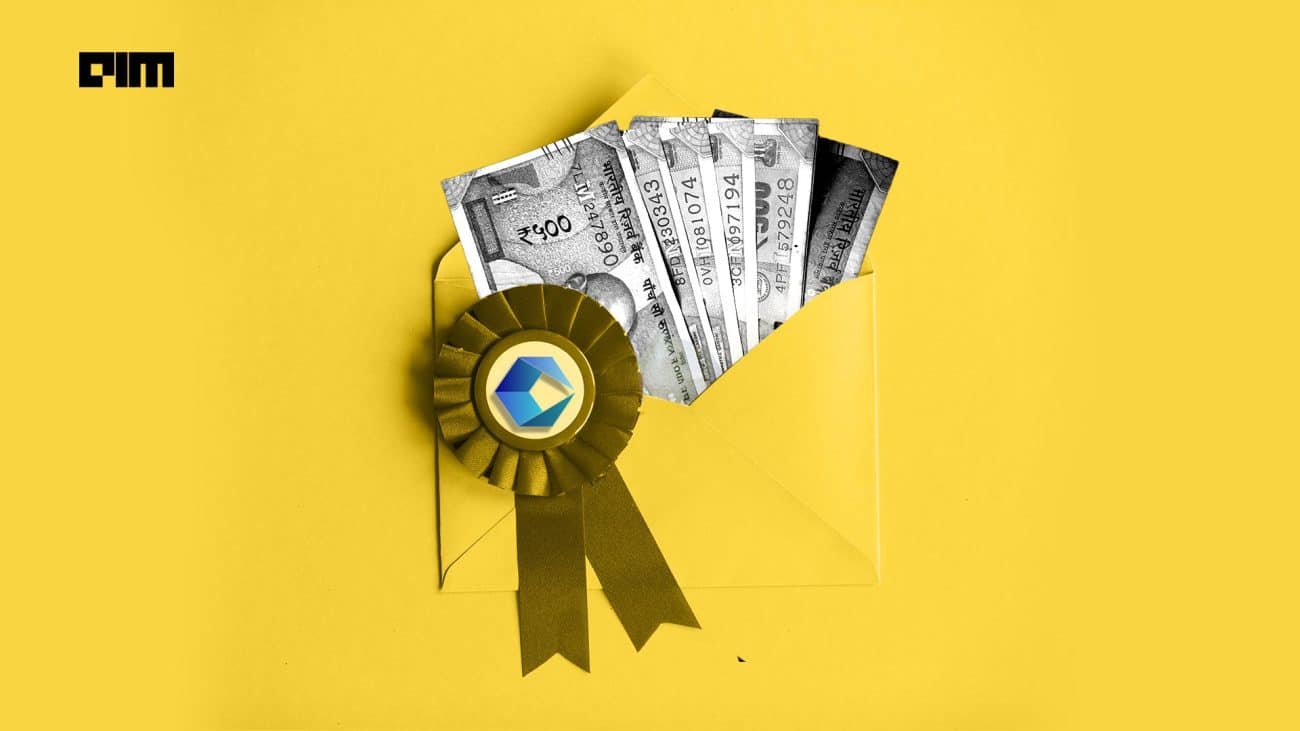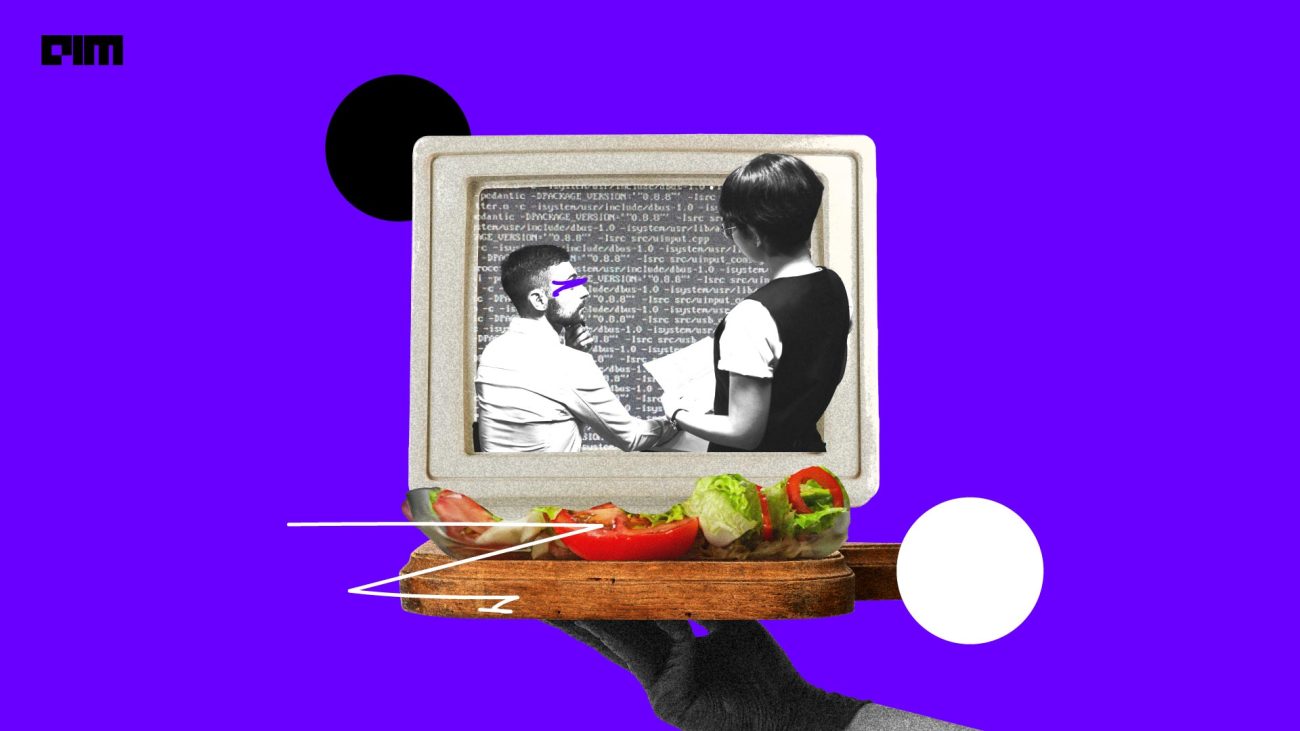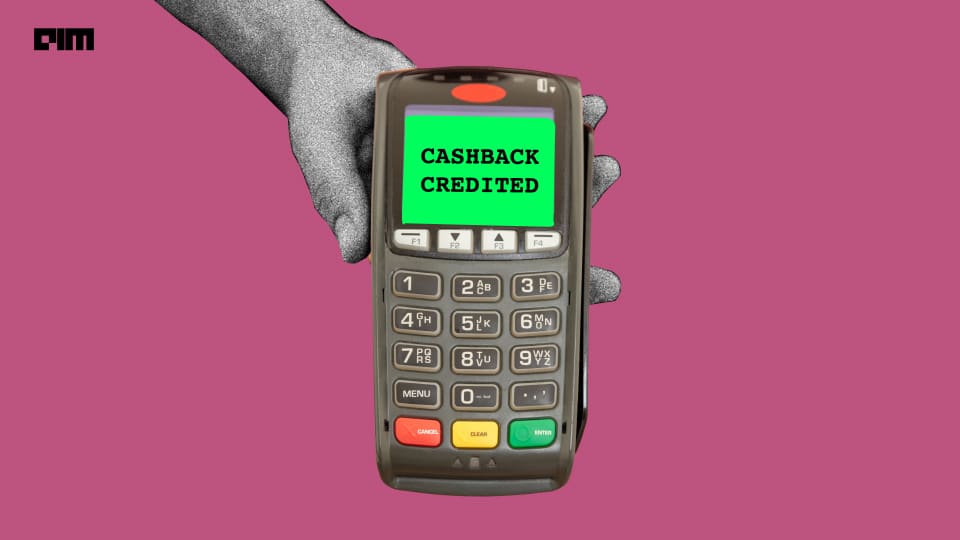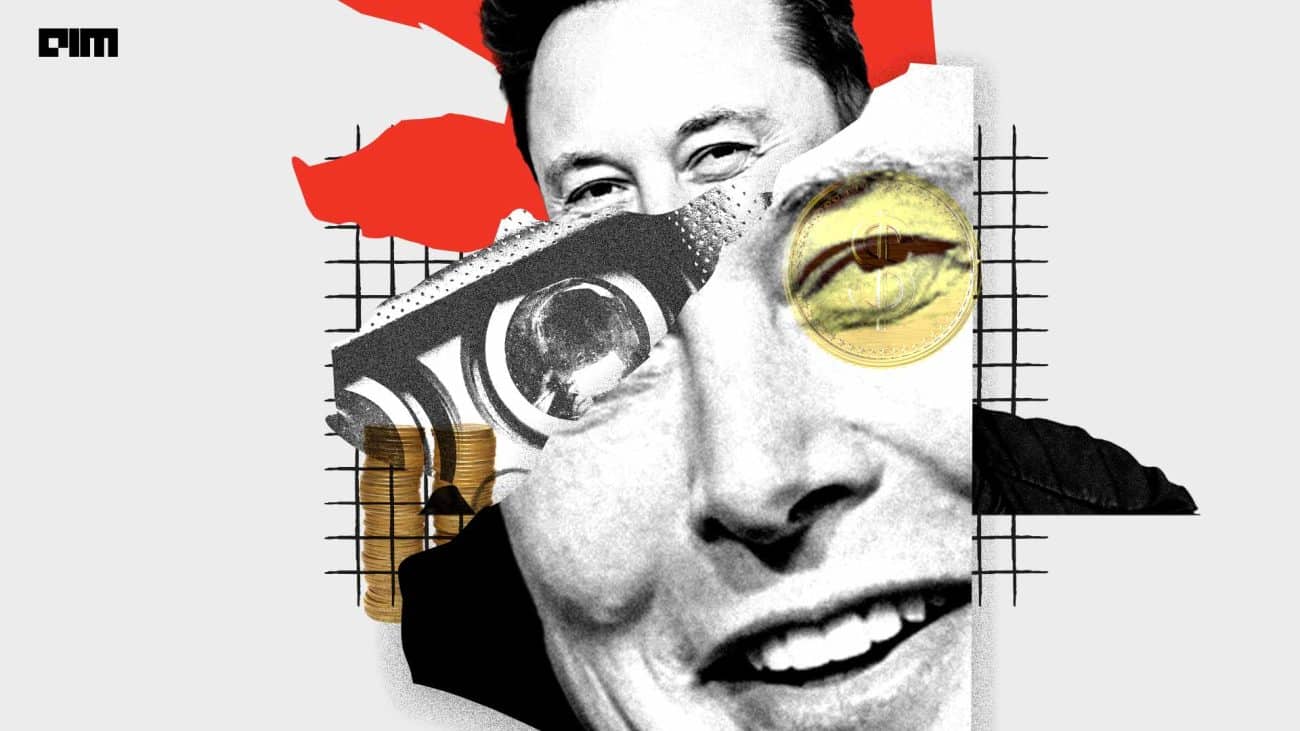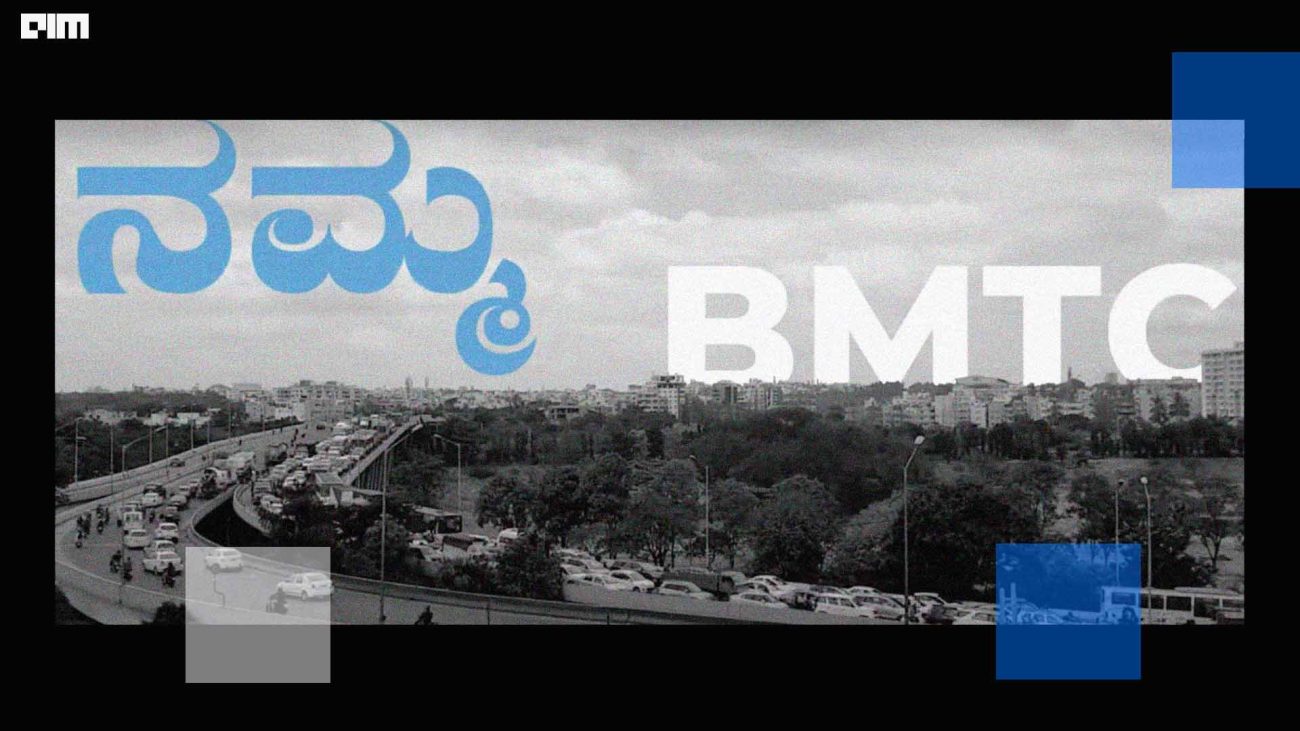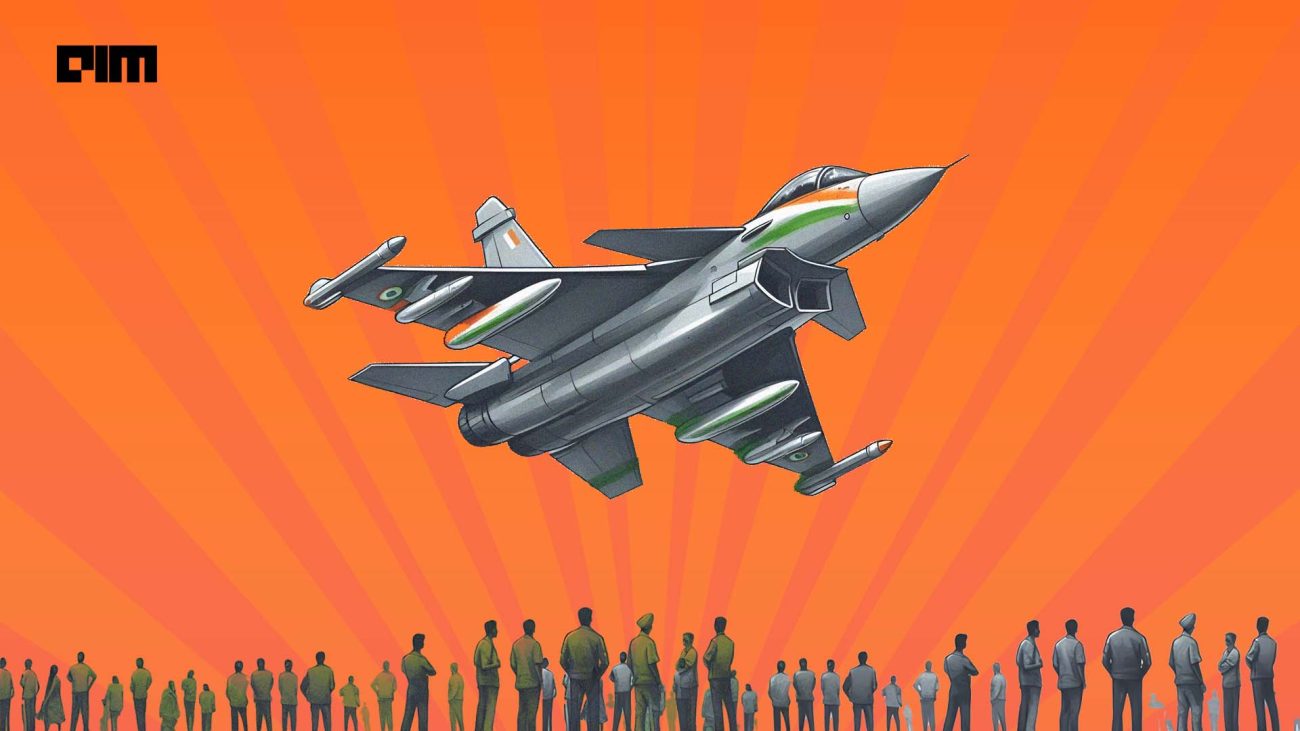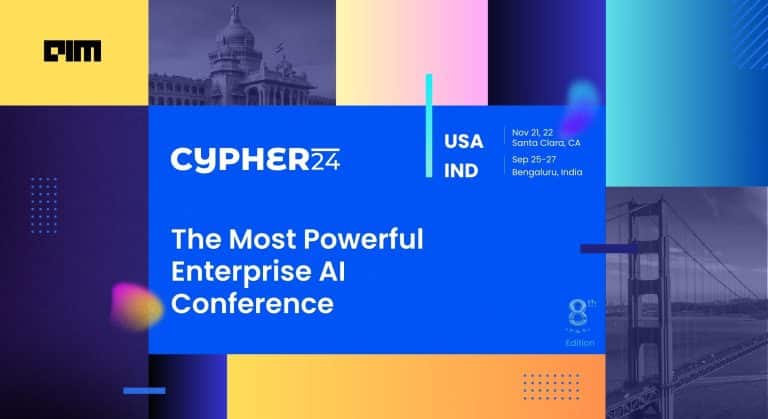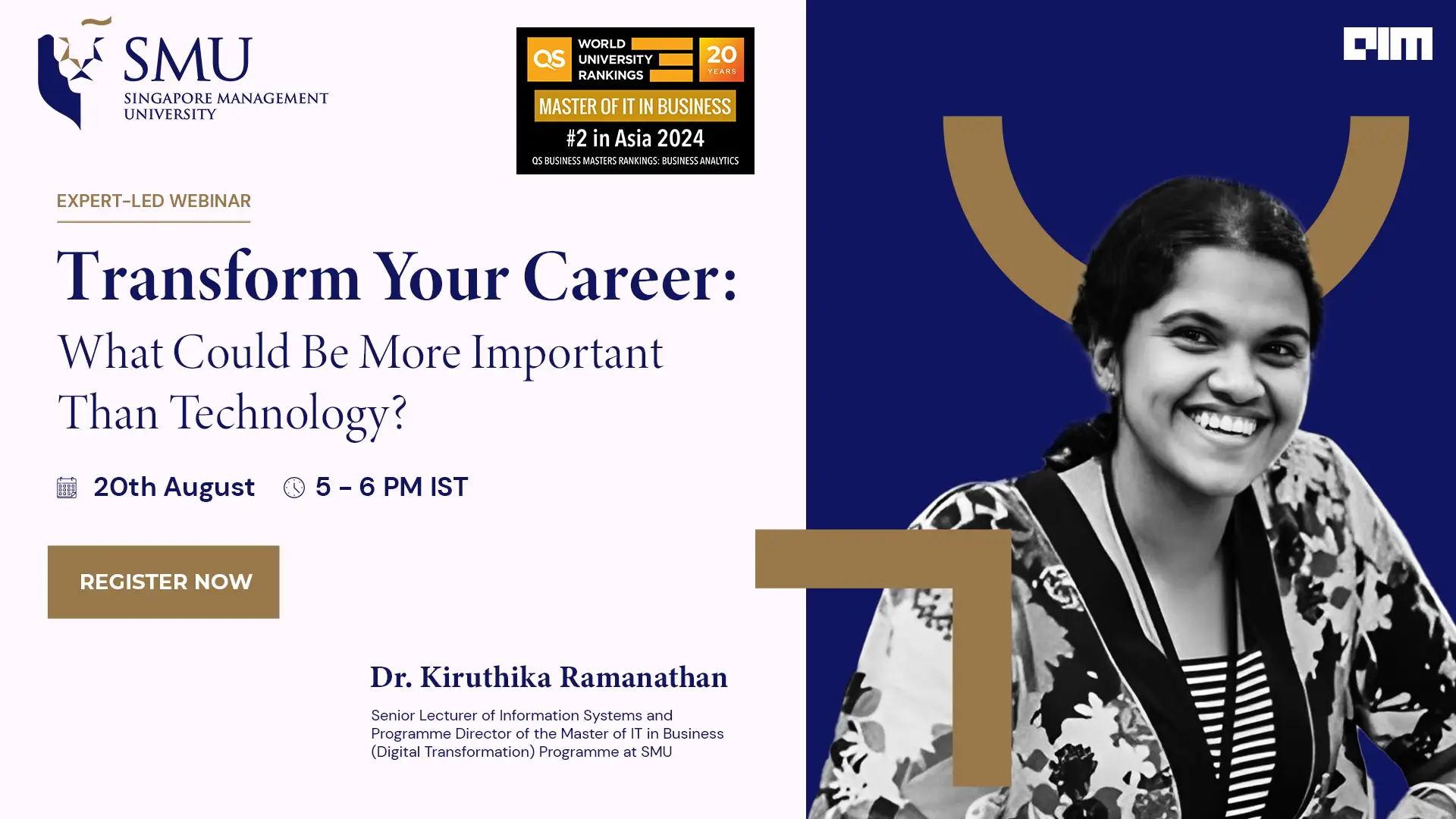The global AI image generator market was estimated at $301.7 million in 2022 and is forecasted to grow at a CAGR of 17.5% from 2023 to 2030.
Innovations in deep learning and AI algorithms, particularly generative adversarial networks (GANs) and diffusion models have significantly enhanced the quality and realism of AI-generated images.
As these technologies continue to evolve, they expand the potential applications for AI image generators, fuelling market growth across diverse industries such as advertising, marketing, media, and entertainment.
Interestingly, a quick search on Hugging Face yields over 18,000 text-to-image models alone. Here are 10 open-source text-to-image models that can help people who rely on visual content.
Top 10 Open Source Text-to-Image Models Used in AI Image Generators
- DeepFloyd IF
- StableStudio
- Invoke
- Stable Diffusion V1.5
- Pixray
- Dreamlike photoreal
- DreamShaper
- Craiyon
- Jasper Art
- Waifu Diffusion
1. DeepFloyd IF
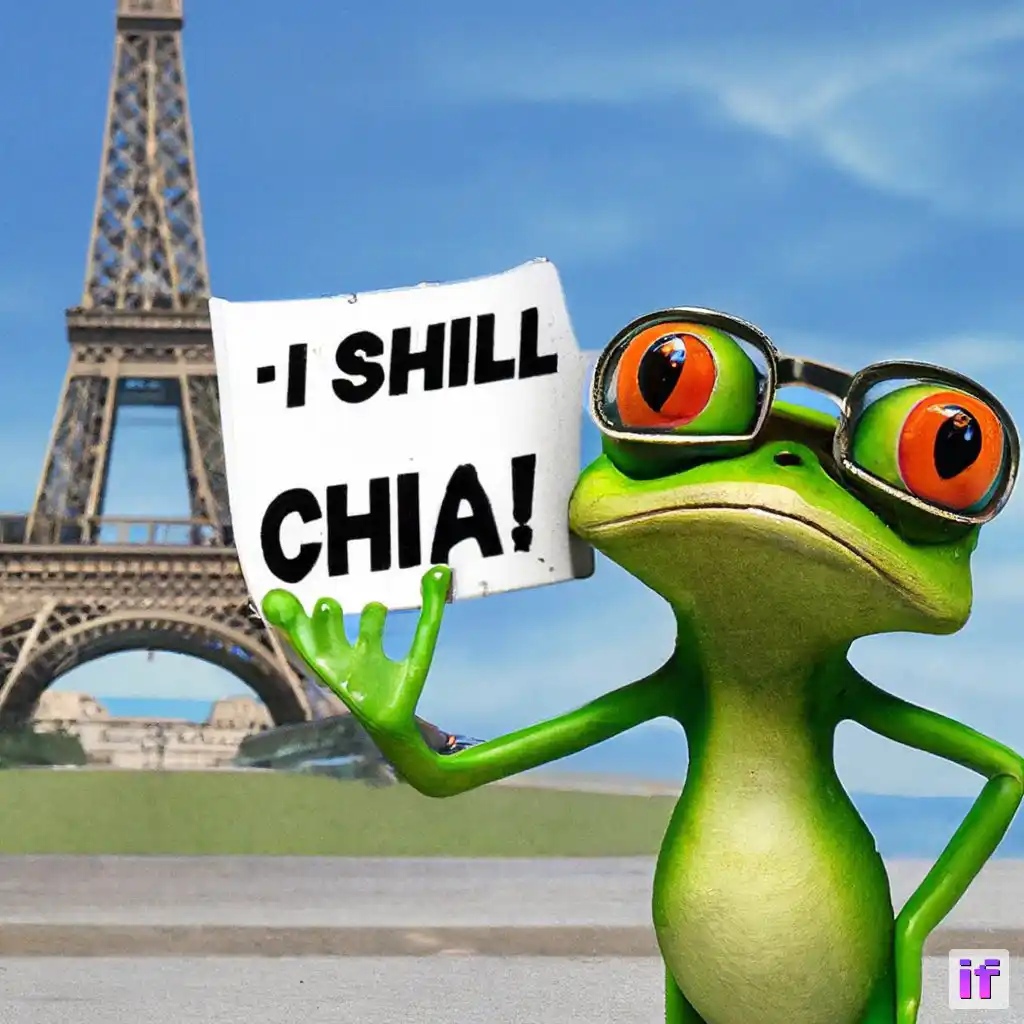
DeepFloyd IF is a text-to-image model enabling research labs to explore and experiment with advanced text-to-image generation approaches. DeepFloyd IF represents the ultimate solution for generating realistic visuals and enhancing language comprehension. The open-source model boasts a modular design comprising a fixed text encoder and three interconnected pixel diffusion modules.
DeepFloyd IF’s capacity to produce remarkably lifelike and contextually precise images based on textual descriptions empowers developers, fostering a heightened level of interactivity and user engagement within their applications.
However, the model’s limitation in resizing images to 64 pixels could become apparent when high-resolution images are necessary. Additionally, developers may face challenges due to the computational resources demanded by the model’s complexity, particularly when working within constrained resource environments.
Source: DeepFloyd IF text to image model.
2. StableStudio
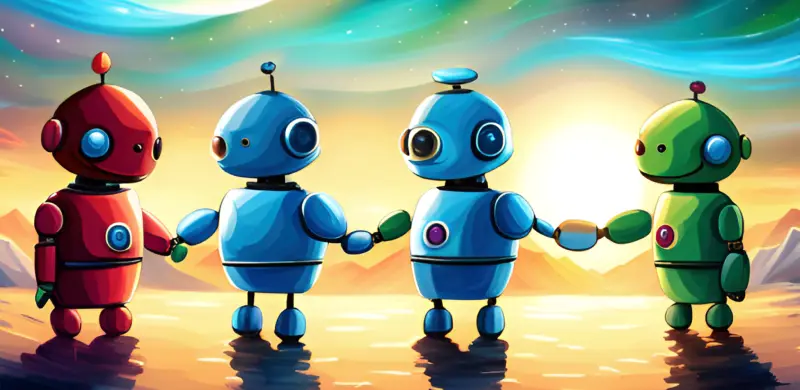
StableStudio, an open-source AI image generation tool, is the successor to the text-to-image consumer application DreamStudio. StableStudio helps with the imaging pipeline and showcases Stability AI’s dedication towards advancing open-source development within the AI ecosystem.
StableStudio differs from DreamStudio in that it’s not cloud-based. Instead, it’s crafted to offer greater control and customisation options. This makes it ideal for local installations.
This platform provides a user-friendly interface for effortless interaction with generative AI models. While StableStudio is partly open source, users still need an API key for certain features, implying some restrictions on its openness.
Source: StableStudio text to image
3. Invoke
Invoke is a super-smart tool for artists and designers, aiding them in creating captivating pictures and videos through sophisticated computer techniques. It is user-friendly and compatible with most computers, allowing users to execute various tasks such as transforming one image into another, filling in missing elements, and generating new images from scratch.
InvokeAI is open-source, enabling anyone to observe its functionality and contribute enhancements. It can be accessed on GitHub.
Source: Invoke text to image model
4. Stable Diffusion
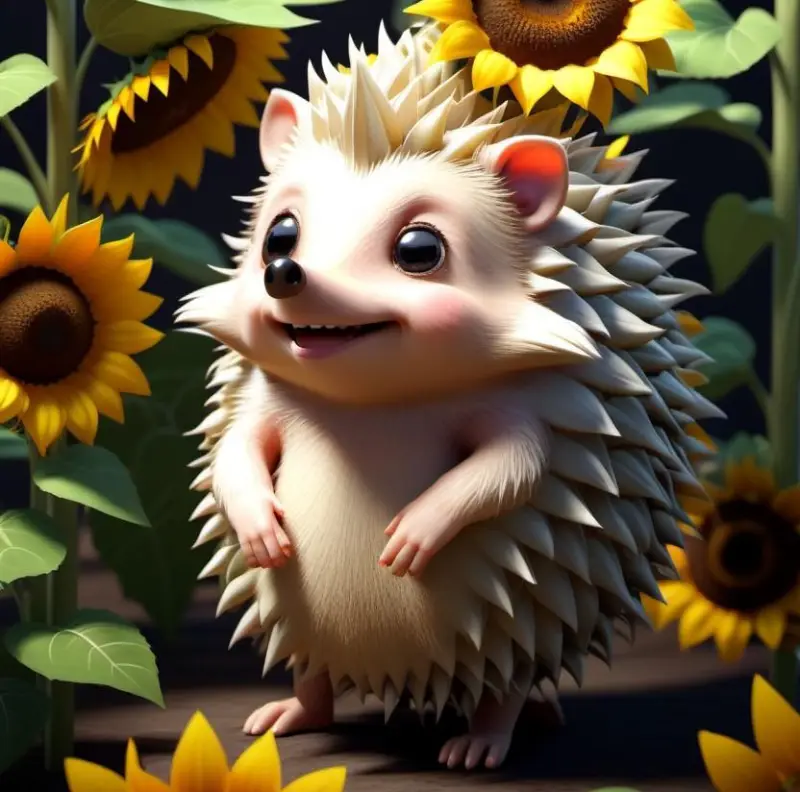
The Stable Diffusion model, the ultimate solution for generating lifelike images from text, merges an autoencoder with a diffusion model. It is trained extensively on the LAION-5B dataset, making it the market’s most advanced model.
With the flexibility to generate images from a wide range of latent spaces, this model is not restricted to a fixed set of text prompts. It has been trained on a large image dataset, enabling it to possess a deeper understanding of image characteristics.
Source: Stable Diffusion text to image models
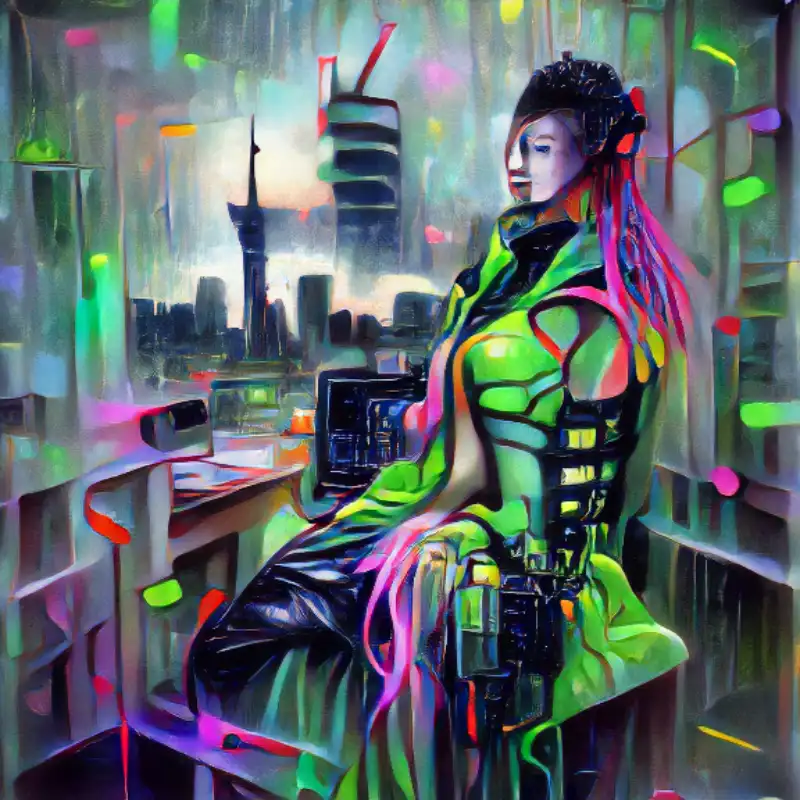
5. Pixray
Pixray is a browser-based software application that provides individuals with the ability to generate original images solely through text input.
Among its amazing features are the ability to input text prompts, select from a range of rendering engines (called drawers) such as clipdraw, line_sketch, and pixel, and adjust formatting settings. According to users, Pixray offers unparalleled flexibility and control.
Source: Pixray text to image
6. Dreamlike Photoreal
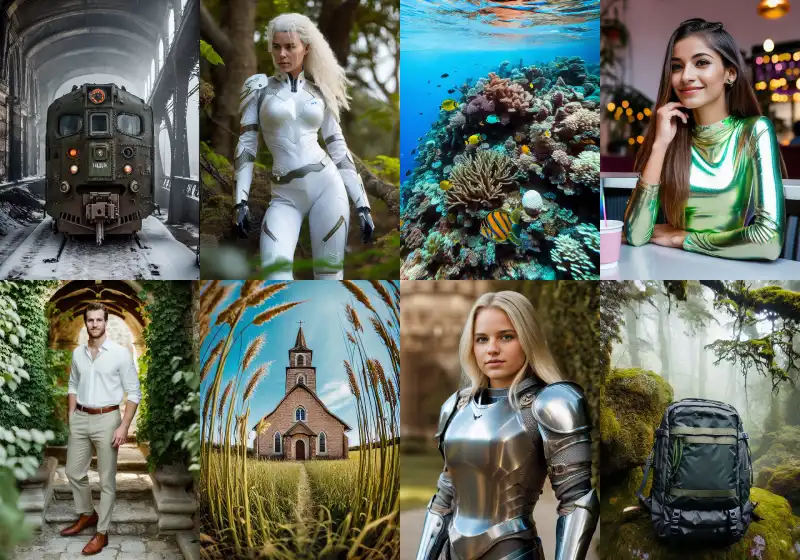
Dreamlike Photoreal is derived from the Stable Diffusion model. It has undergone an extensive fine-tuning process, leveraging the power of a dataset consisting of images generated by other AI models or user-contributed data.
For optimal results, it is recommended to use non-square aspect ratios, with vertical aspect ratios being ideal for portrait-style photos and horizontal aspect ratios for landscape photos.
Source: Dreamlike Photoreal text to image model
7. DreamShaper
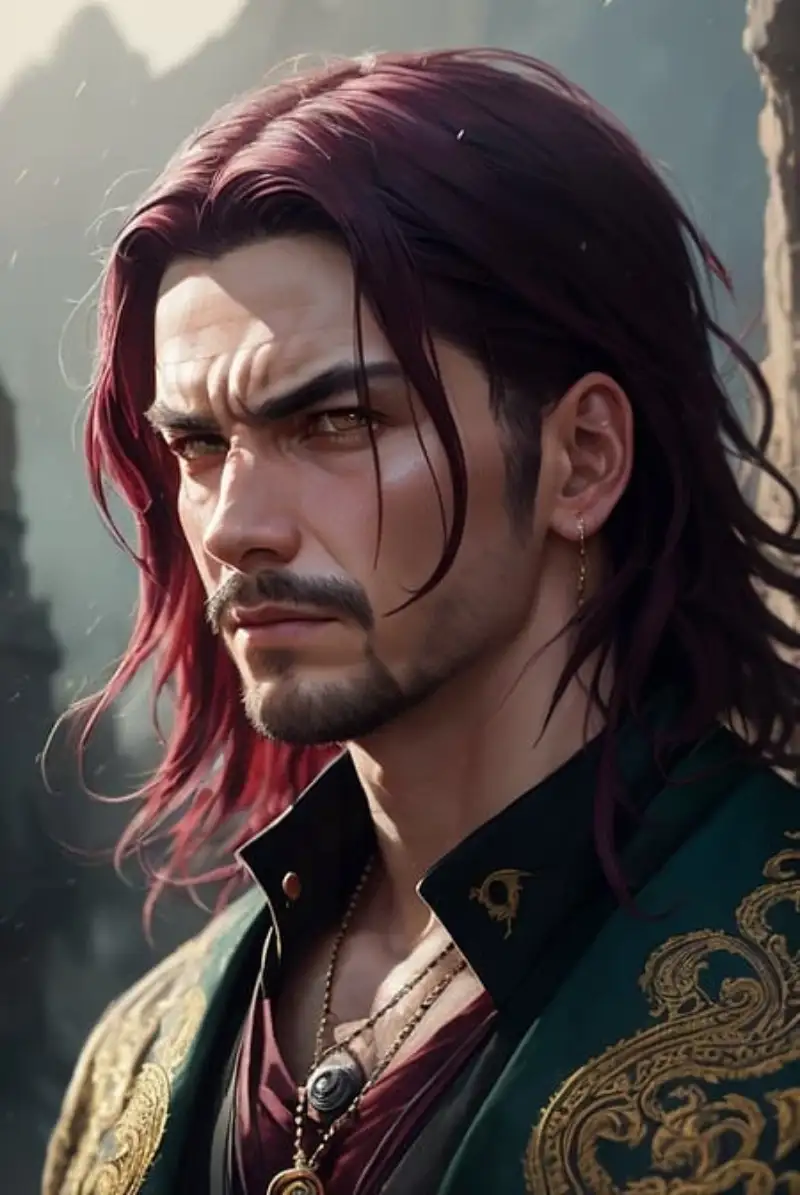
The Dream Shaper V7, an image generation model based on diffusion architecture, significantly improves LoRA support and overall realism.
This model delivers photorealistic images with reduced noise offset and enhances anime-style generation with Booru tags. Additionally, it offers a resolution upgrade for improved visual fidelity, addressing the shortcomings of earlier versions.
Source: Dream Shaper V7 text to image model
8. Craiyon
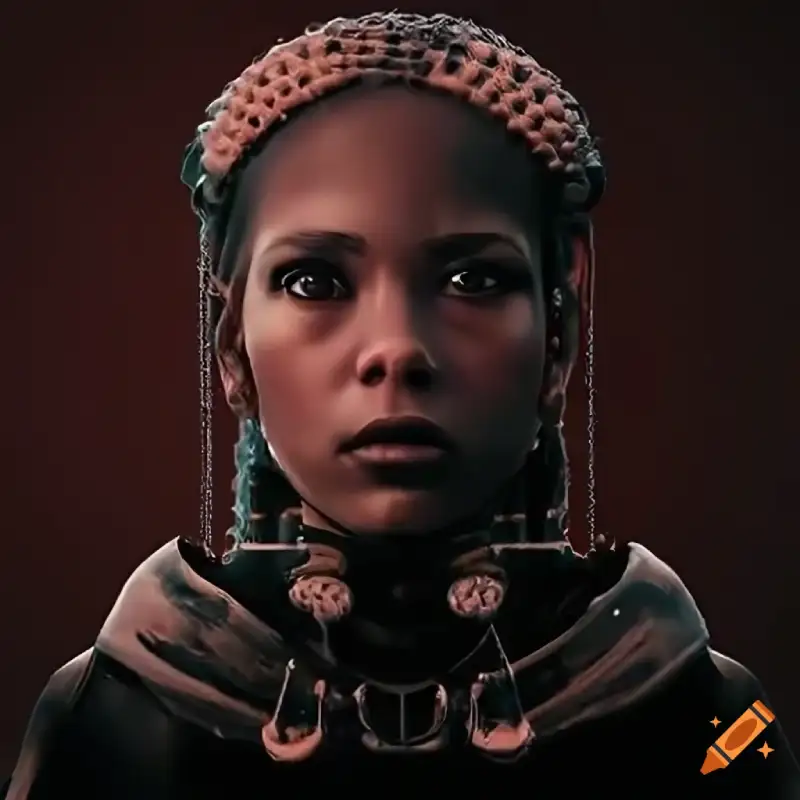
Craiyon, an AI-powered image-generation tool, formerly DALL-E Mini, brings text prompts to life by crafting visually striking and entirely unique images. Launched in 2022, Craiyon was among the pioneering AI art generators available, leveraging its DALL-E Mini technology to translate basic text descriptions into images.
This AI art generator offers a range of intriguing features for artists, designers, and enthusiasts alike. It can transform any text prompt into a visual masterpiece, provide creative suggestions to inspire artistic momentum, generate images without sacrificing quality, and employ advanced algorithms to anticipate and propose prompts.
Source: Craiyon text to image model
9. Jasper Art
Jasper Art is an AI art generator that forms part of the Jasper AI suite of tools. It swiftly transforms text into distinctive images, photos, and illustrations. Users can create unlimited images without watermarks and easily modify them using text prompts.
Moreover, Jasper Art offers a range of settings for users to customise and refine their artwork. Users can also bookmark and save their favourite creations in the searchable image library, which is particularly beneficial for content creators working with Jasper.
Source: Jasper Art website
10. Waifu Diffusion
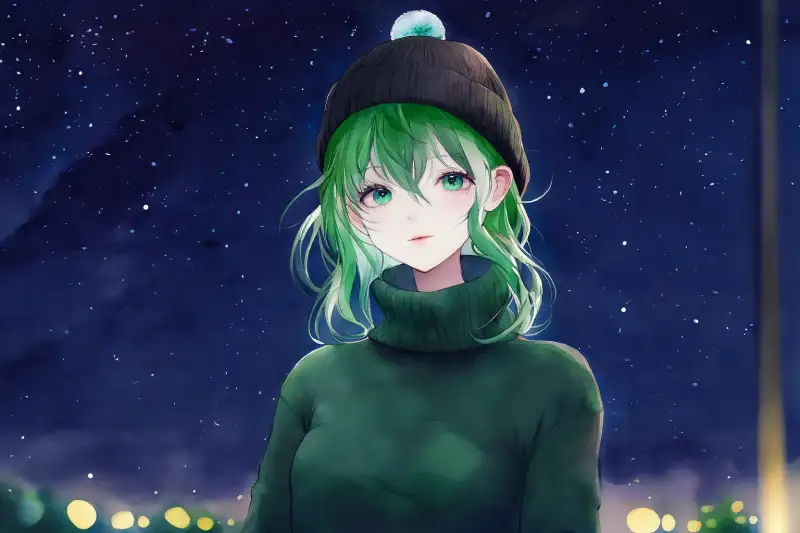
Waifu Diffusion is based on the Stable Diffusion model. It is a latent text-to-image model that generates impressive anime images from simple text descriptions.
It is a fine-tuned version of the Stable Diffusion model derived from Stable Diffusion v1.4. The Waifu Diffusion model can learn from user feedback, allowing it to fine-tune its tools and generation processes.


